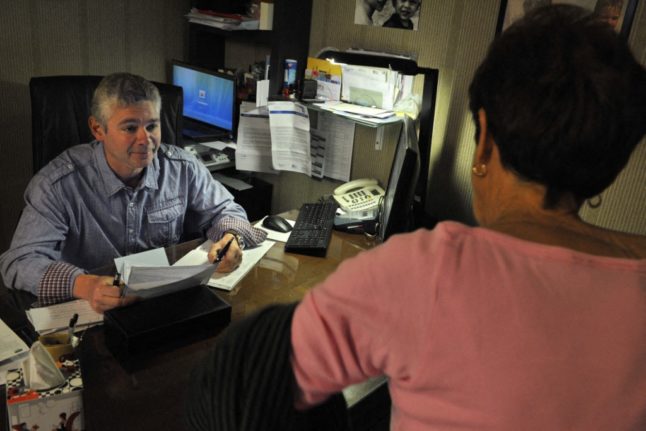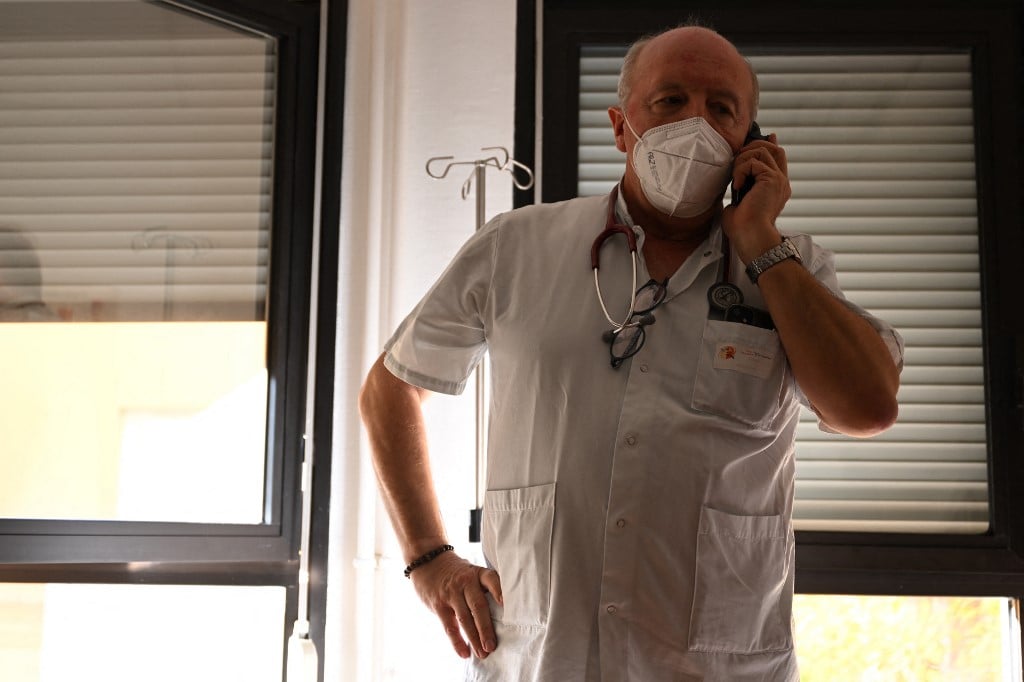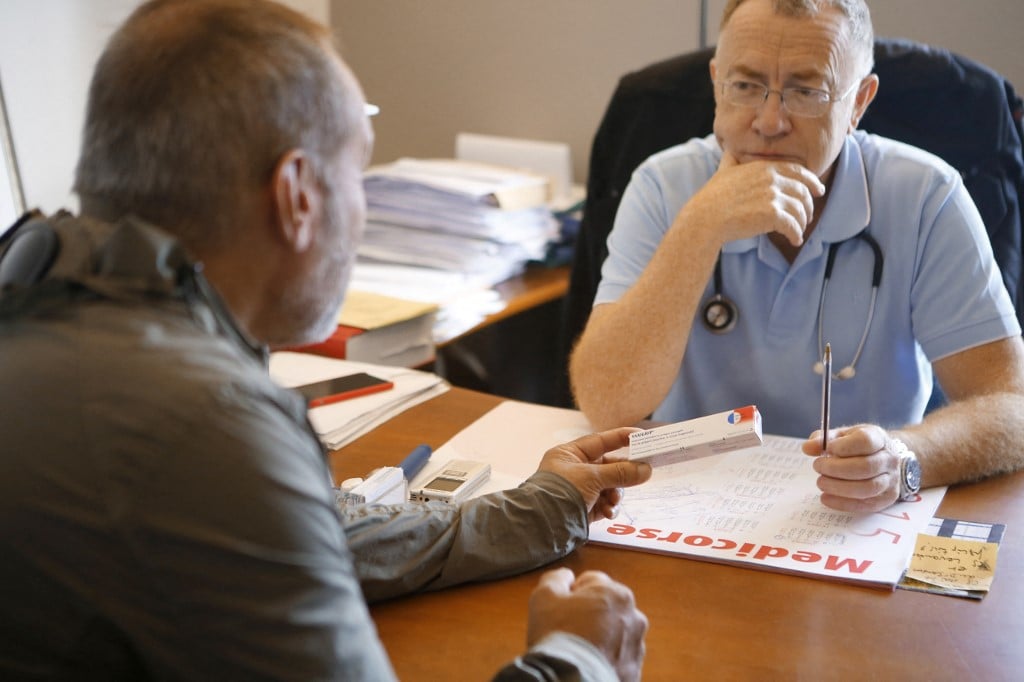The parents of Indi Gregory have been fighting a case against doctors who say it is time to withdraw life support from the eight-month-old, who has mitochondrial disease.
Dean Gregory and Claire Staniforth want to move their baby girl to the Vatican-owned Bambino Gesu hospital in Rome, which has offered to treat her.
However a High Court judge in England last week refused them permission, saying such a transfer would not be in her best interests. Medics argue that continued treatment is both painful and futile.
The Court of Appeal in London and judges at the European Court of Human Rights (ECHR) in Strasbourg, France, have opted not to intervene.
Less than an hour before the expiration Monday of a legal stay preventing doctors from beginning to withdraw support, Italian Prime Minister Giorgia Meloni called a cabinet meeting to grant the baby Italian citizenship.
“They say there is not much hope for little Indi, but I will do what I can to the end to defend her life. And to defend the right of her mum and dad to do everything they can for her,” Meloni said on social media.
Meloni leads the far-right Brothers of Italy party, which promotes traditional Catholic family values.
Her government said the decision to grant citizenship was taken following a request by the parents’ lawyers, adding that Rome had offered to cover the costs of the baby’s treatment.
Indi’s father thanked the Italian government in a statement issued through a campaign group supporting the couple, Christian Concern.
“My heart fills up with joy that the Italians have given Claire and I hope and faith back in humanity,” he said.
“The Italians have shown us care and loving support and I wish the UK authorities were the same.”
It was not immediately clear what the impact of the decision would be, however.
English High Court judge Robert Peel, who ruled on the case last month, is scheduled to hold a private online hearing on Tuesday.
Christian Concern said the judge would consider further issues relating to where doctors would withdraw life-support treatment. A Christian Concern spokesman said her parents wanted to take her home.
The group also noted that the legal stay preventing the hospital from making arrangements to extubate Indi had expired at 1pm GMT on Monday.
Indi, who was born on February 24 in Nottingham, England, has mitochondrial disease, a condition that prevents cells in the body producing energy.
The state-run National Health Service (NHS) says there is no cure.





 Please whitelist us to continue reading.
Please whitelist us to continue reading.
Incredible.
People who come ilegally into Italy. This child who has nothing to do with Italy, altough I am very glad that her parents have renewed hope, are freely given the italian health card.
I, on the other hand, an Italian subject, having completed my military obligations, resident in Italy CANNOT obtain this card!!!!!!!!!!!!!!!